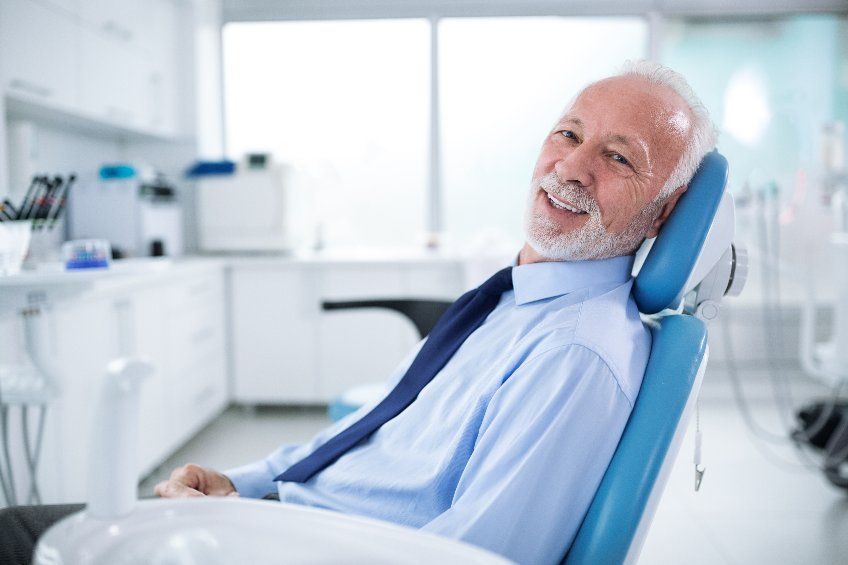Fighting PTSD with the Latest Sedation Dentistry Methods
- By Mary Marks
- •
- 28 Jul, 2022
- •

Can sedation dentistry fight PTSD? That’s a very good question and it doesn’t simply pertain to trauma related to going to the dentist. Although being afraid of going to the dentist can be associated with past trauma, PTSD caused by virtually any reason can generally have a detrimental effect on your experience. In the worst case scenario, patients with PTSD can even have their condition worsen after just going to get a simple extraction.
Fortunately, modern Colorado sedation dentistry methods can deal with the problem more effectively than before. These days, you have sedation dentists who are more knowledgeable and have better control over their practice. They can choose sedatives that are mild enough and strong enough to achieve the perfect effect in order to calm the patient down and keep them relaxed throughout the procedure. Moreover, the bedside manner and the information that a dependable Denver sedation dentist can give you even during a quick meeting will usually help put your mind at ease from the very start.
Modern sedation methods are definitely part of the future of dentistry, and are known to provide people of all ages with a fighting chance when they suffer from PTSD. If you want to know more, simply schedule a meeting with a reputable sedation dentist in Denver CO, and they can tell you everything you need to know.





Although oral sedation dentistry Highlands Ranch is one of the optionsavailable for managing anxiety and discomfort during oral surgery, you certainly do not need to use it all the time. As a matter of fact, the exact type of sedation or anesthesia that you receive during oral procedures may depend on various factors, such as the complexity of the procedure, your medical problems, as well as your doctor’s preferences.
There can be several different levels of sedation that can be used in oral surgery. Local anesthesia is one of them. This involves injecting anesthetic medication into the specific area where the surgery will take place. It numbs the area and is often used for less invasive procedures.
Oral sedation involves taking medication in the form of a pill to induce a state of relaxation and drowsiness. The patient is still conscious, but he/she may not be fully aware of the procedure. At any rate, sedation helps him/her get rid of anxiety.
In the case of intravenous sedation, medication is administered through a vein, which induces a deeper state of sedation than oral sedation. Patients may still be conscious, but they are less aware of their surroundings and may not remember the procedure.





